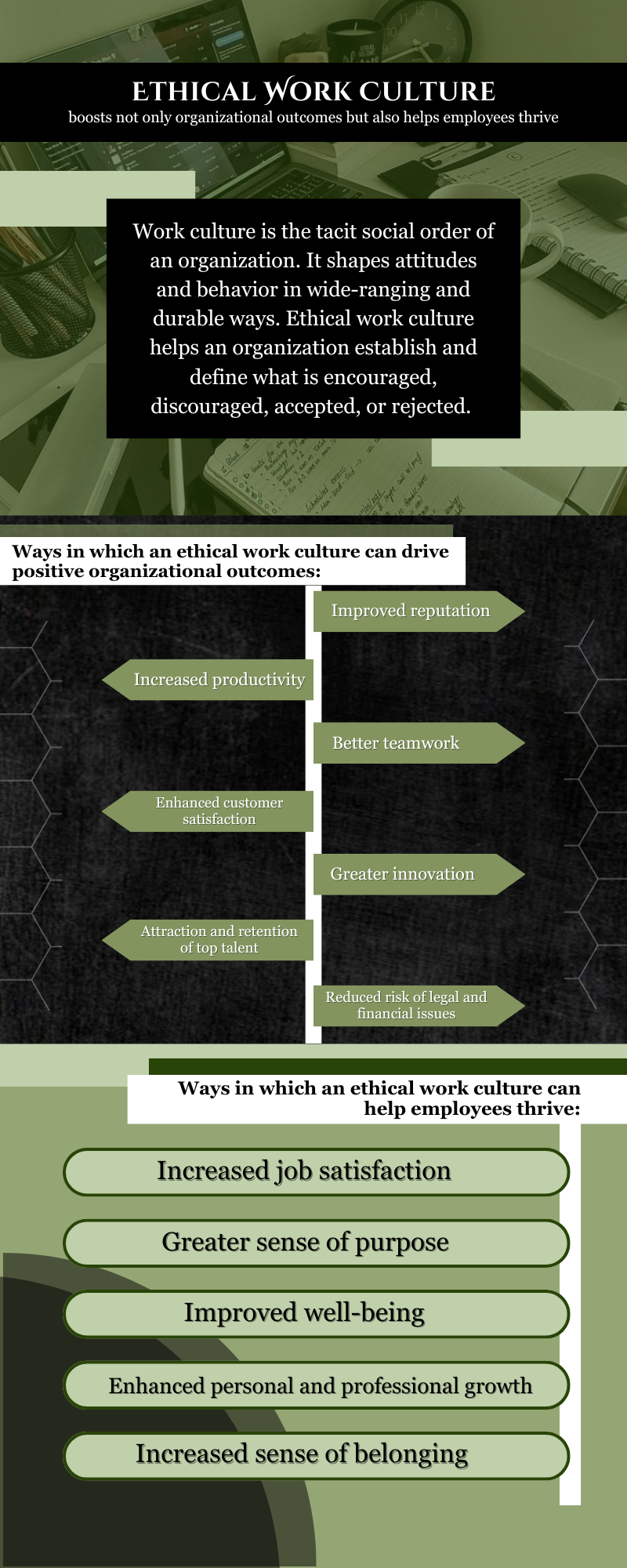An ethical workplace culture fosters employee growth in addition to achieving favorable organizational outcomes. (Answer in 150 words)
Model Answer Introduction In the workplace, both coercion and undue influence are tactics used to control or manipulate employees, but they differ in methods. Coercion relies on threats or force, while undue influence manipulates employees through trust and authority. These unethical behaviours leadRead more
Model Answer
Introduction
In the workplace, both coercion and undue influence are tactics used to control or manipulate employees, but they differ in methods. Coercion relies on threats or force, while undue influence manipulates employees through trust and authority. These unethical behaviours lead to an unhealthy work environment, fostering mistrust and poor communication. For instance, a manager coercing staff into working unpaid overtime or subtly manipulating them for personal benefit both erode workplace ethics.
Key Differences: Coercion vs. Undue Influence in the Work Environment
Definition
- Coercion: Involves forcing someone to act involuntarily using threats, pressure, or intimidation.
- Undue Influence: A more subtle form of manipulation where power and trust are misused to sway decisions.
Characteristics
- Coercion: Often involves overt threats and shows a clear imbalance of power.
- Undue Influence: Involves psychological manipulation, typically exploiting authority or personal relationships.
Legal Aspect
- Coercion: Generally covered under harassment laws, and may involve illegal actions.
- Undue Influence: May not be explicitly illegal but violates workplace ethics and abuse of power regulations.
Manifestation
- Coercion: Can be seen as bullying, harassment, or workplace violence.
- Undue Influence: Appears as subtle persuasion or misuse of authority to gain advantages.
Impact
- Coercion: Results in a hostile work environment, affecting mental health.
- Undue Influence: Causes stress, leading employees to feel manipulated or pressured.
Ethical Concerns
- Coercion: A direct violation of individual autonomy and consent.
- Undue Influence: Undermines autonomy through subtle manipulation, raising ethical issues.
Examples
- Coercion: Threatening employees with termination unless they work unpaid overtime.
- Undue Influence: A manager implying that personal favors will lead to better performance reviews.
Conclusion
The distinction between coercion and undue influence is essential for maintaining a healthy workplace. Implementing strong ethical policies, offering whistleblower protection, and promoting leadership development are critical to preventing such abuses. By doing so, organizations can foster environments built on trust and integrity.
See less

See less